Hair Loss in Japan: The Causes—and Solutions!
The Hidden Secret In Your Drain
When I first moved to Tokyo it was a whirlwind experience. Naturally, I was stressed from the start and quickly had to contend with so many other changes, but things only got worse as I noticed one unexpected difference in my body.
I was losing so much hair! Almost clumps were lost daily after I arrived in Japan. This would be hard to swallow for anyone, but as a 20-something female, it was beyond troubling. I researched my symptoms online (which is always problematic) but found very little information about what I was experiencing. I hadn’t had this issue in Canada… was it Japan, or was I going crazy?
“Was it Japan, or was I going crazy?”
After scouring the internet, desperate for advice, I finally found a private Facebook group for women living in Japan. There, I found a plethora of people who were suffering in the same way I was.
It turned out I wasn’t crazy and I wasn’t the only one.
Hair loss is a common problem among western women in Japan
All of us were in our twenties or thirties and it seemed impossible to me that our problems were completely independent of our new surroundings. How could each one of us have completely separate issues that sprung up as soon as we landed in Japan?
More importantly, how were other people with the same problem supposed to find this tiny little pocket of information without being a member of the Facebook group?
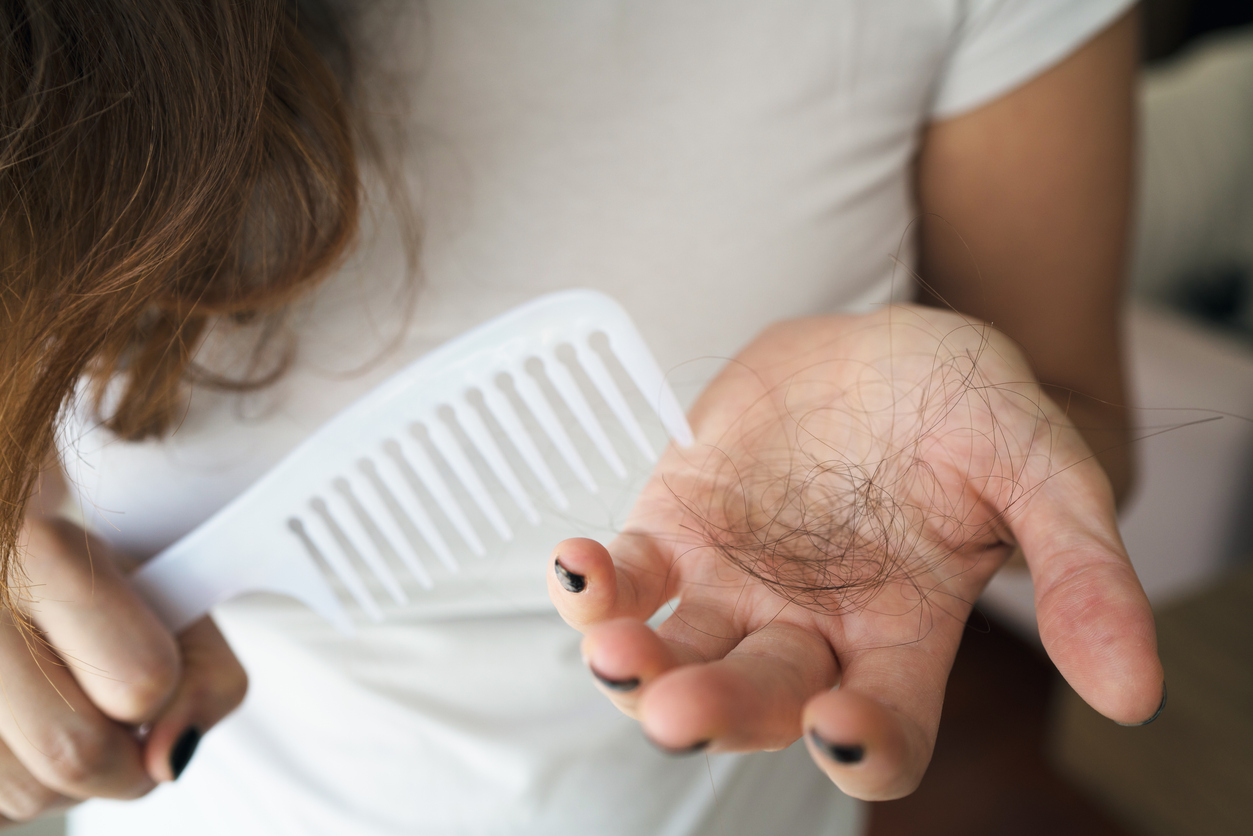
I want to shed light on this stressor and help anyone who might find themselves in the same situation during their time in Japan. This was something that almost cut my time here drastically short—and I don’t want others to feel alone.
Japanese people have such beautiful thick hair! Why is my hair falling out so much?
The answer to this could be equal parts simple and frustrating. Are you of European or Celtic descent? Unfortunately, this might put you at a predisposition to lose more hair in Japan. Westerners tend to have much softer, finer hair. There are many reasons why our hair can freak out as compared to when we’re in our home countries. Let’s run down the list of some of the things that can weigh heavily on our tresses.
The Causes
1. Jet Lag
A lesser-known symptom of jet lag outside the general tiredness and brain fog is hair loss (who knew?!) This is likely caused by many factors, such as being at a high altitude, general travel stress, and your body being thrown completely out of its regular rhythm. So, if you’re brand new to the country, it might not be time to panic just yet. Jet lag (typically) wears off at one to two time zones per day. For anyone coming from North America, that means it can take a week before the immediate effects wear off.
That being said, our hair tends to take even longer to catch up, so give it a couple of weeks to start to get back to normal if you think jet lag might be the culprit.
2. Climate Changes
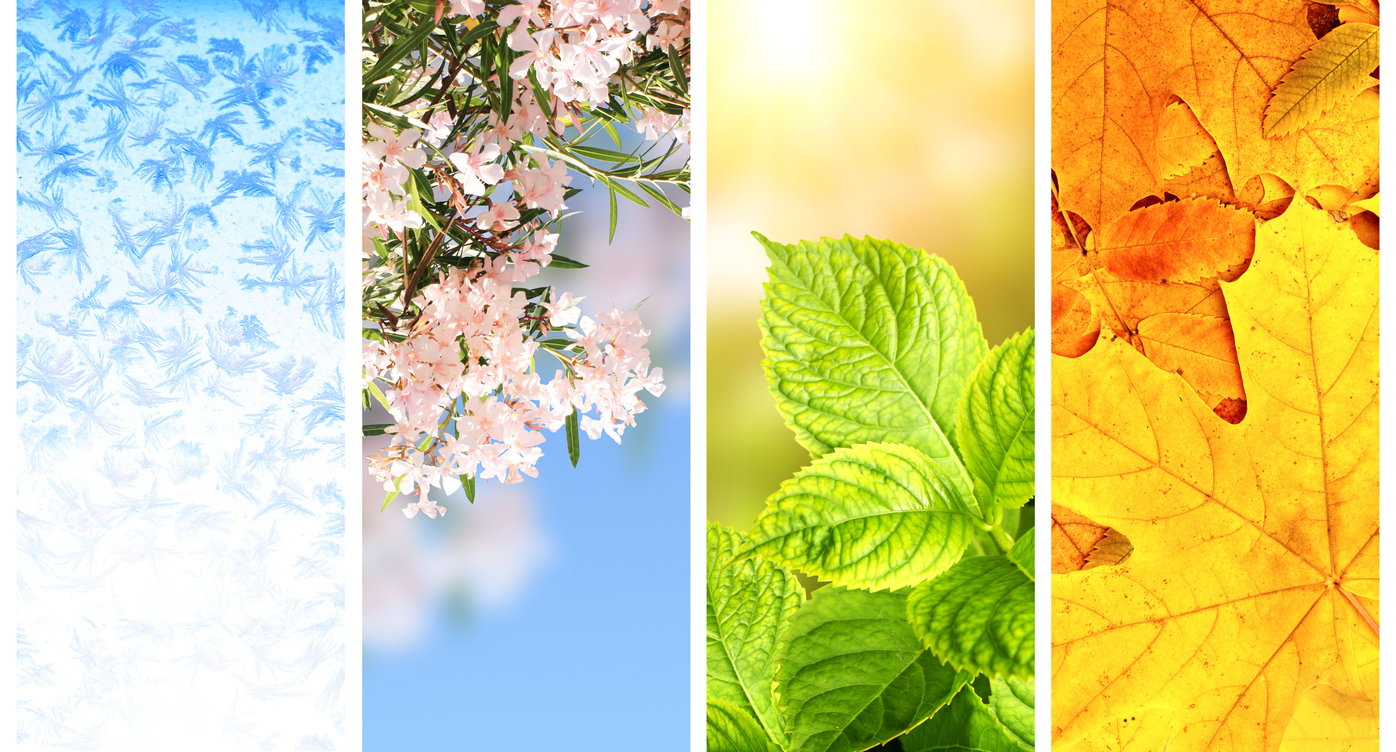
Not only does your internal clock take a beating when you first arrive, but depending on what time of year you land in Japan, the change in weather can give you a serious beating as well. Summers in Japan are brutally hot and humid. Our hair is like our fur so if we need to cool down, it tends to start shedding!
After speaking with a dermatologist here in Japan, I was told that my hair loss could be caused by dandruff, which is often caused by the humid climate (gross!). Dandruff is definitely something that happens to a lot of Westerners during the Japanese summers and winters and it turned out that the level of severity of seborrheic dermatitis (the medical term for extreme dandruff) it would take to disrupt hair follicles is—to spare you the worst of the details—intense. Far worse than the few flakes I was noticing. Still, if you have intense itching and flaking, you might want to speak with an expert.
3. Diet

There are a lot of changes to diet that come with moving to a new country. Japan has a lot of delicious foods, but what that I didn’t notice right away was that coming from North America, there tends to be less protein in Japanese meals. Also (at least in Tokyo), fresh veggies and fruits can be expensive and consequently, are more easily skippable. This is where things can go wrong, as nutrient deficiencies are going to manifest themselves in your hair and skin first.
My diet changed a lot when I first arrived; I had to make a much more deliberate effort to keep the same micronutrients in my system that I was getting on a regular basis back home. Even if your diet isn’t necessarily unhealthier, a big change in food intake can still lead to a reaction in your hair weeks after the change has occurred. This can make it hard to pinpoint as a culprit for hair loss.
Some of the most important micronutrients for hair health are vitamins C and E, zinc, B-vitamins and omega-3 fatty acids. While omegas are fairly easy to come by in the Japanese diet (contained in fish and nuts), a lack of animal-based protein can decrease your B-vitamins. Meat contains plenty of zinc as well, so we start to see how important protein is for hair growth. For my vegan readers, whole grains, seeds, and legumes also contain these, but I would consult your physician to ensure you’re not missing any key nutrients.
4. Water

Where I come from we drink natural, untreated water straight from the ground. Canada is blessed with a lot of accessible and fresh water. Japan, in general, also has very clean water. In a big city like Tokyo, however, it is heavily treated with chlorine to keep it free from contagions. When I first arrived, I thought the water coming from my tap smelled like a swimming pool. The chlorine also turned my dyed, reddish-brown hair almost dirty blond in under a month, so it’s definitely heavy-duty. If your hair isn’t used to treated water, it’s likely going to take a long time to adjust to the change.
Okay, so my hair is falling out. What do I do?
The Solutions
1. A Shower Filter
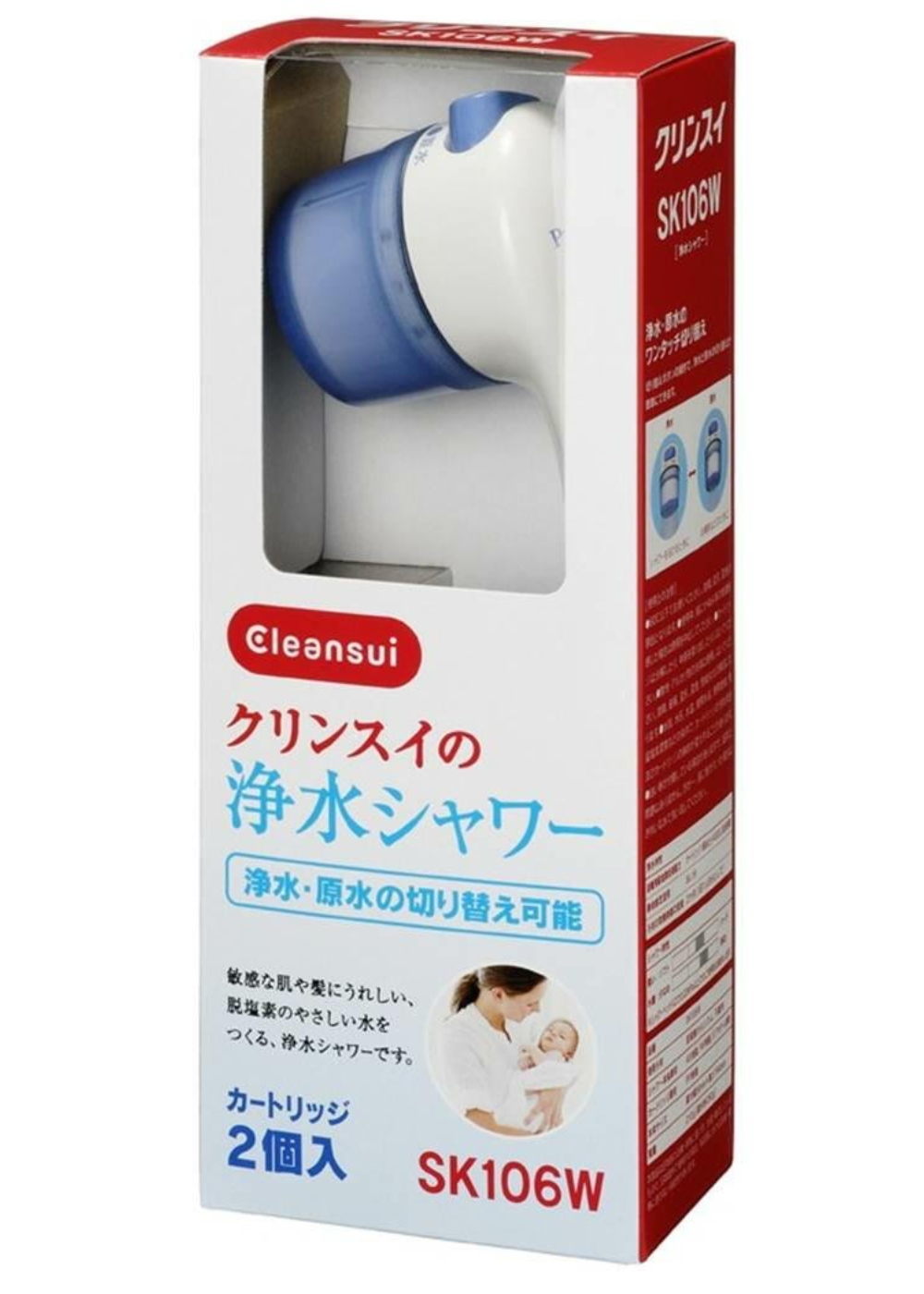
After reading through that forum I mentioned earlier, I realized that there was action I could take to slow my hair fall. The number one thing that was recommended was to purchase a shower filter. This helps to combat all those harsh chemicals in Tokyo water and can even help you adjust the strength of the water pressure so it’s more gentle on your follicles. I found this was a very quick way for me to address the issue in my drain every evening.
Savvy Recommends: I bought mine at Bic Camera for about ¥5,000, but you can also purchase the Cleansui Clean Water Showerhead online.
2. Hair Products
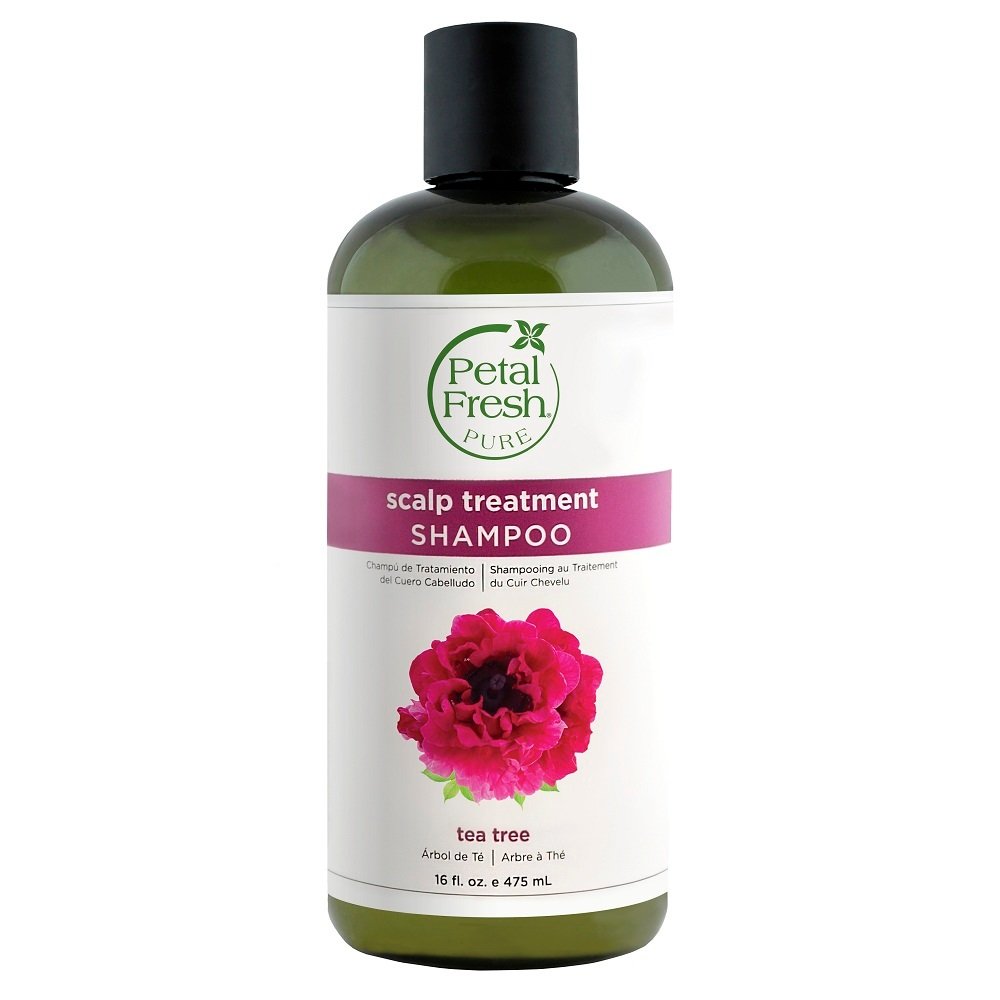
Here’s a big mistake people make, especially when they first move to Japan. If you don’t have hair similar to a Japanese person’s, then don’t use Japanese hair products, especially shampoo and conditioner. The Japanese hair care industry is (unsurprisingly) tailored to Japanese tresses. It’s made for thick, coarse, Asian hair. Because of this it can be way too powerful and drying on foreign hair. I highly recommend bringing products from home or ordering through websites so that you can make sure you’re not doing more harm than good in the shower. It also might be helpful to get something that is specifically for dandruff if you find you’re scratching your head more than usual.
Savvy Recommends: Lots of people swear by other dandruff hair products, but I prefer a more natural option called Petal Fresh.
3. A Silk Pillowcase
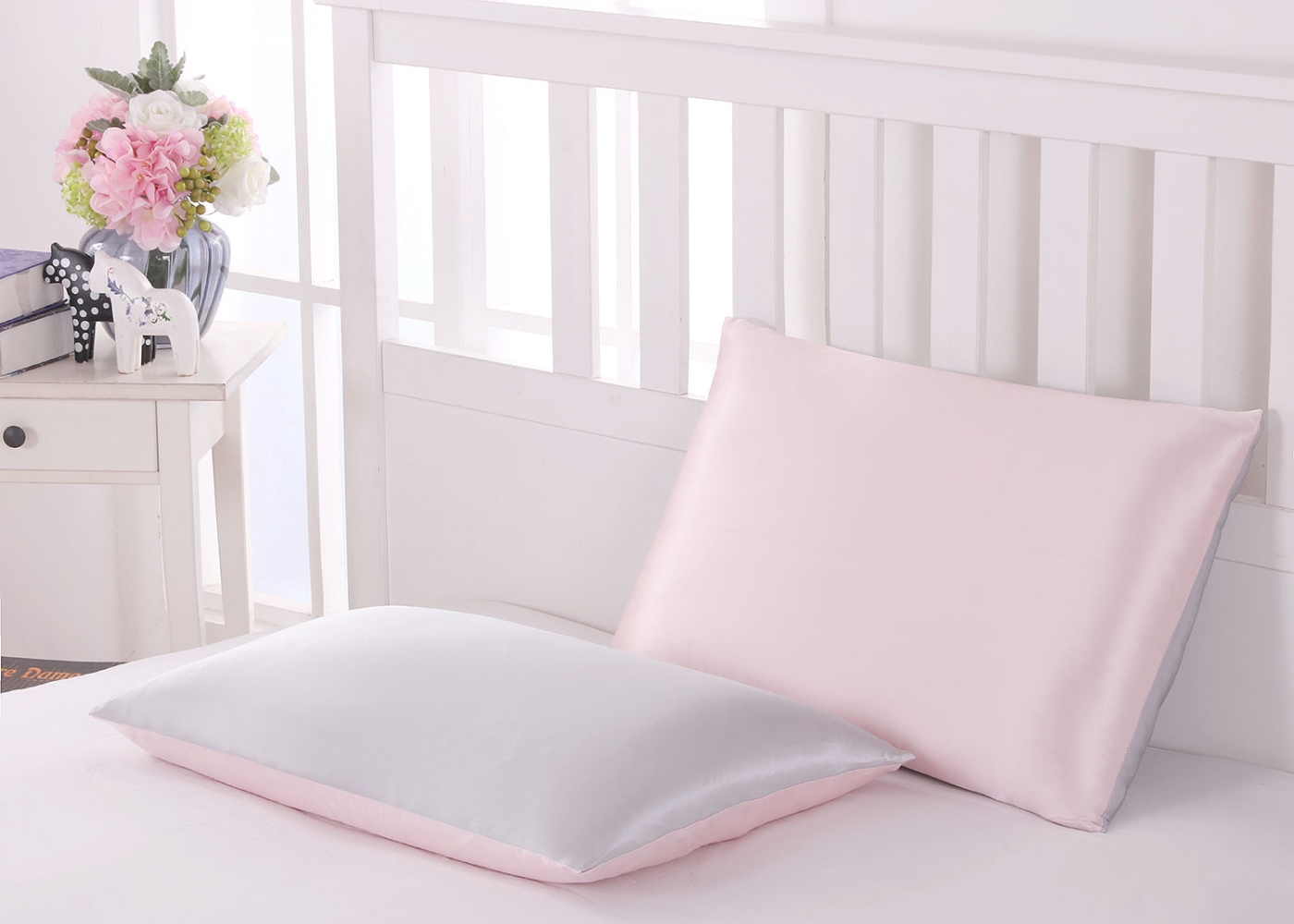
This is probably the thing that has helped me out just as much as the shower filter since I have moved to Tokyo. Switching to a silk pillowcase is gentle on your strands, so I have stopped waking up to hair on my pillow after a night of tossing and turning. There is also an added benefit that silk pillowcases are supposed to be better for your skin! They can be expensive, at about ¥6000, but I have found it a worthwhile investment.
Savvy Recommends: You can get silk pillowcases at any linen store, but if you want to support someone more local, check out Daisy King’s high-quality silk products.
4. Mind Your Food

Diet can have a huge impact on your hair. While you should check with a doctor before making any drastic dietary changes or introducing dietary supplements into your life, making the right additions can really help to facilitate growth. Make sure you are eating foods rich in omegas and protein, such as fish, avocados, eggs, and nuts.
Iron is also crucial for hair growth, which is plentiful in dark, leafy greens. Another great supplement for strengthening your follicles is biotin. This is notorious for being difficult to get from foods other than eggs, but ask your physician about introducing it into your supplement arsenal. Any biotin supplements should do, and you can find them all over Amazon, Rakuten or even in Don Quijote.
Savvy Recommends: I personally use the Halo Beauty’s Hair, Skin, and Nails Booster vitamins. These vitamins actually include other micronutrients that are crucial for hair health, so I feel like I’m covering all my bases by taking these. They also ship worldwide! Although this is my recommendation, always consult your doctor before starting to take any supplements.
5. Relax!
Moving to another country is, well, stressful! Especially if you are trying to find an apartment, a job, and any sort of comfort from your old life. Things can be tense for weeks or even months and that can take a toll on your entire being. Plus, if you notice a lot of hair falling from your head, that can feed into more stress so you get caught in this never-ending loop.
Try to remember that stress affects your hair slowly, but cuts deeper than most other factors. If you look at your life and think ‘But I’m not stressed!’ then look back a few more months. You might remember being in a different time that is still following you around in the form of hair loss.
Savvy Recommends: There are lots of ways to relax and it’s going to be about finding what works for you. Starting a yoga and/or meditation practice will work wonders. Or, try introducing warm baths with fun bath bombs to help calm your nerves. If putting on some Netflix stand-up comedy or the newest anime release is what calms you, then do it! It’s about carving the time out of your day or week to address feelings of stress and doing what we know grounds us again.
6. Know When to Call in the Troops
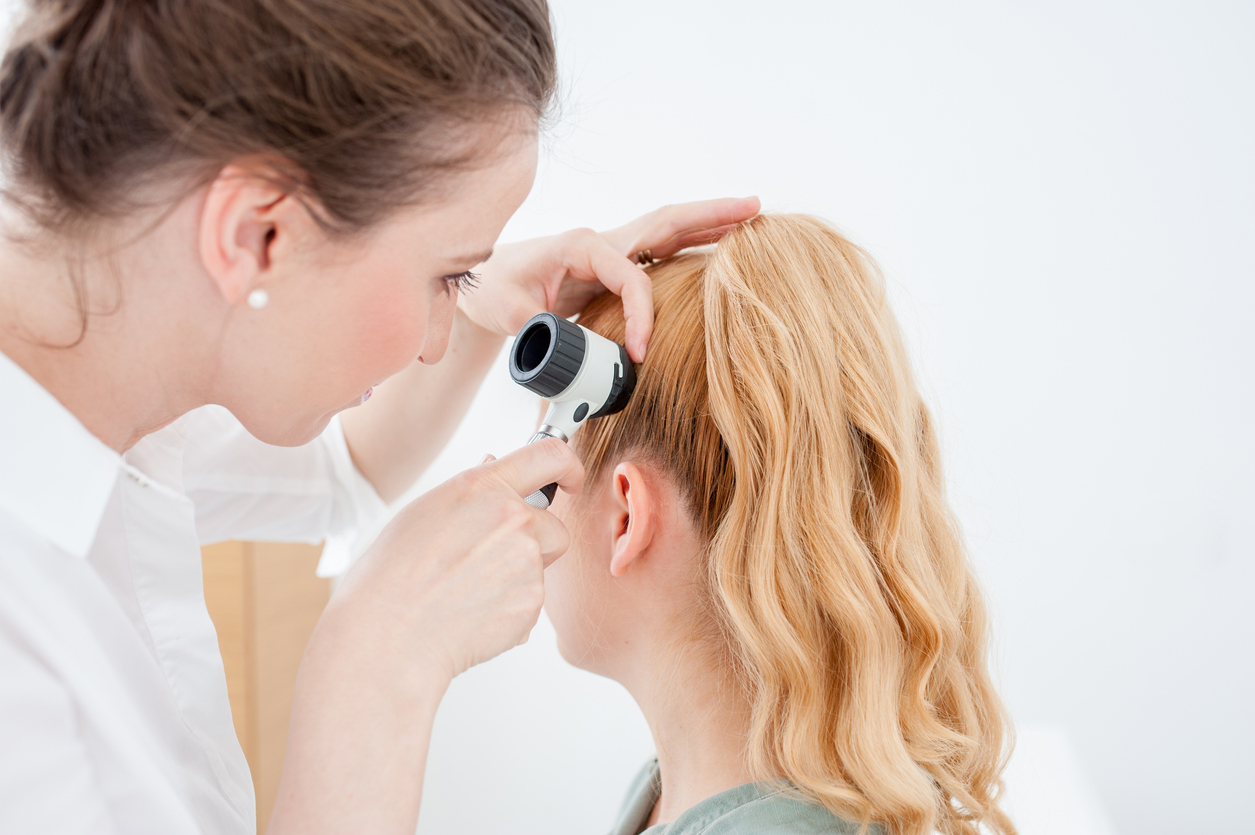
Now if a few months have passed and the problem is persisting, remember that hair loss can be a symptom of a more serious issue. This article can’t tell you if it is a cause for concern, so if you have tried all other avenues and it has been a few months of gradual thinning, or a large amount of steady thinning, it’s best to seek the help of a medical professional.
Start with a general practitioner, though it’s possible you will be referred to a dermatologist for further evaluation. Hair loss can be caused by a myriad of things (especially in women living in Japan) but it’s always good to err on the side of caution.
It took me a long time to find the products that were right for me, so I suggest experimenting with your routine and trying to address the main issues we tend to face here as foreigners.
Things will get better
I am writing this article to ensure that, as people of all genders, ages, and ethnicities move into the four distinct seasons of Japan, they know they are not alone in their struggles. It’s not just you. It can be Japan. You are not going crazy. After a year of living here and multiple trips to the dermatologist and adjusting my haircare routine, I have quelled the worst of the hair fall.
It took me a long time to find the products that were right for me, so I suggest experimenting with your routine and trying to address the main issues we tend to face here as foreigners.
More often than not, a little time and TLC will resolve the issues, so try not to stress yourself out more by dwelling on the issue. It can only make it worse.
Just remember, you’re not the only one and it will be okay. Focus on all the great things Japan adds to you life and not the losses on your scalp.











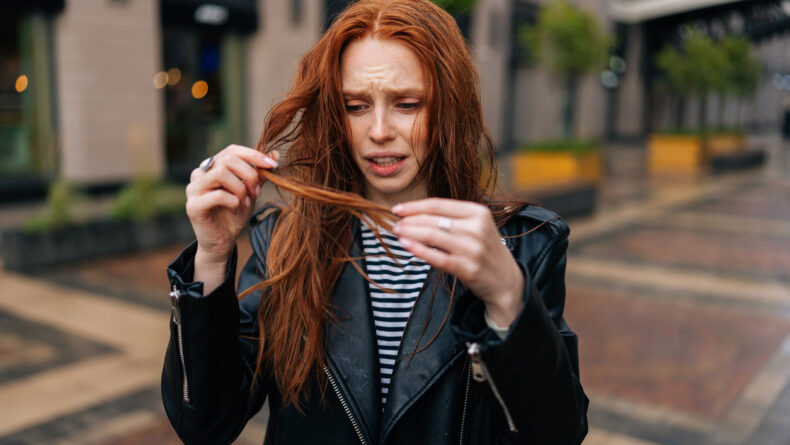

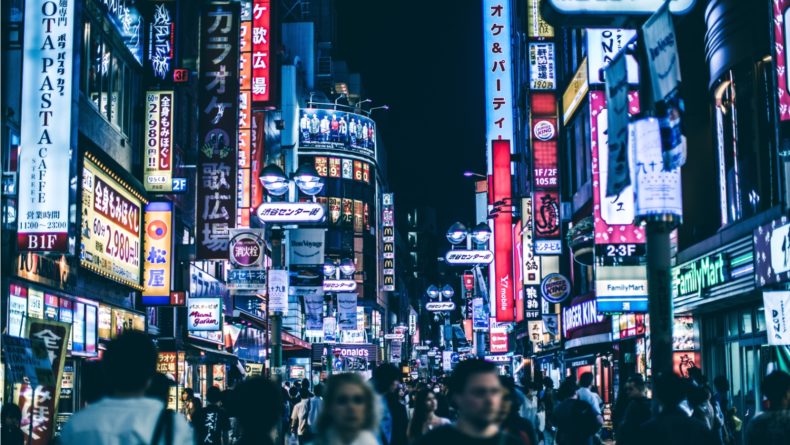
Very well written.
Thanks for sharing your experience and tips to combat this problem. Coming from south Asia, we are in the same boat.